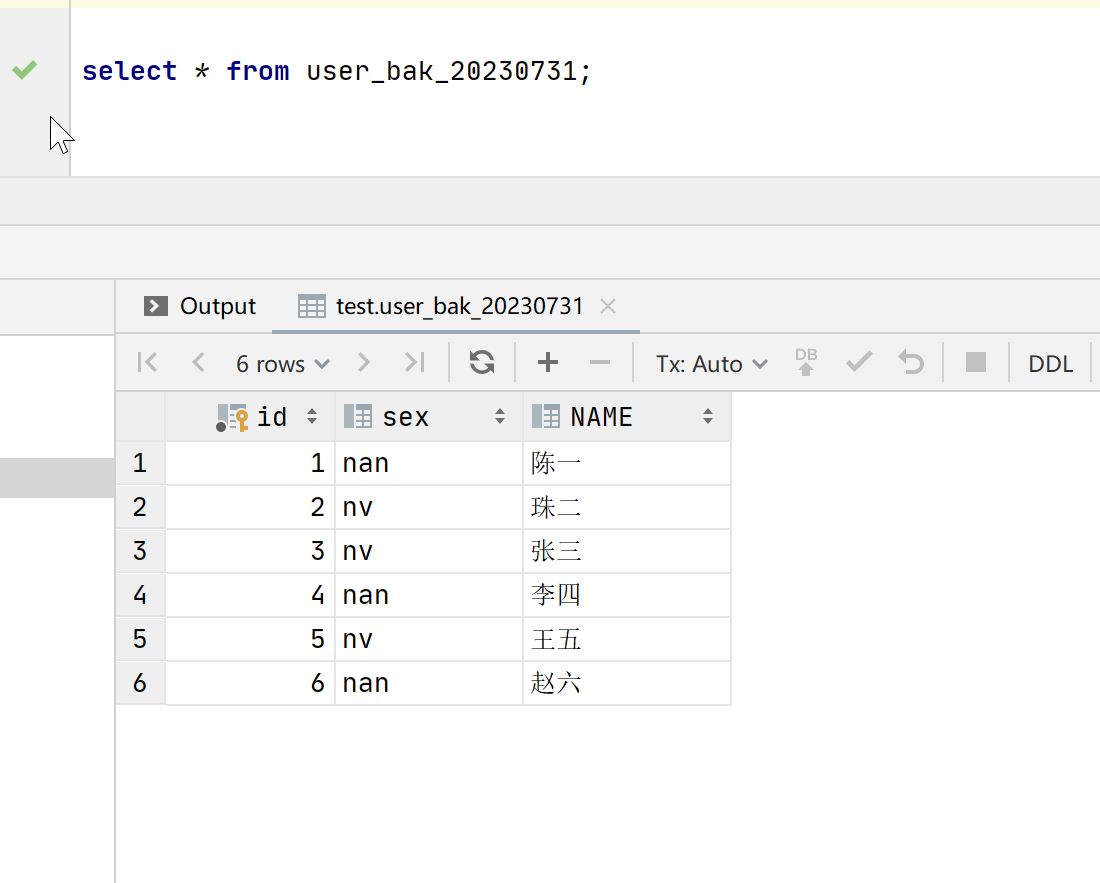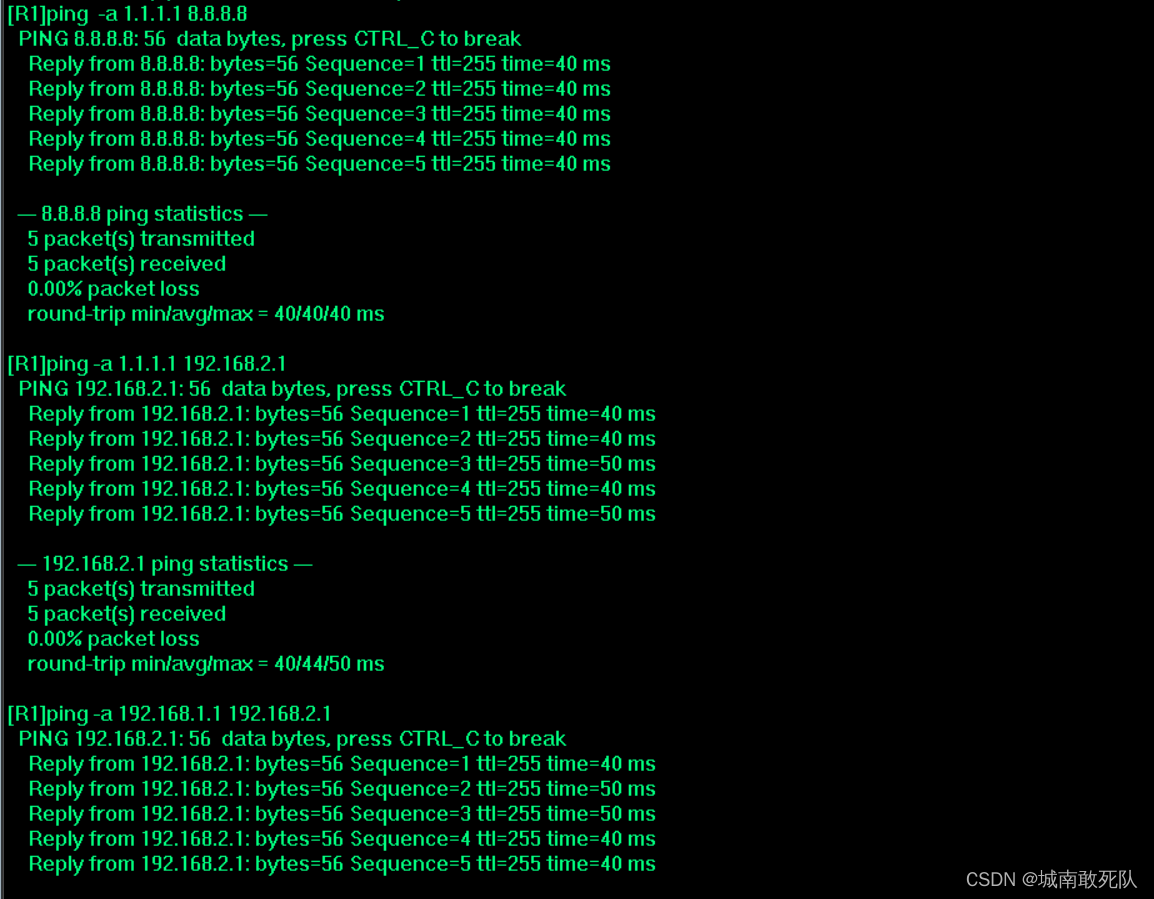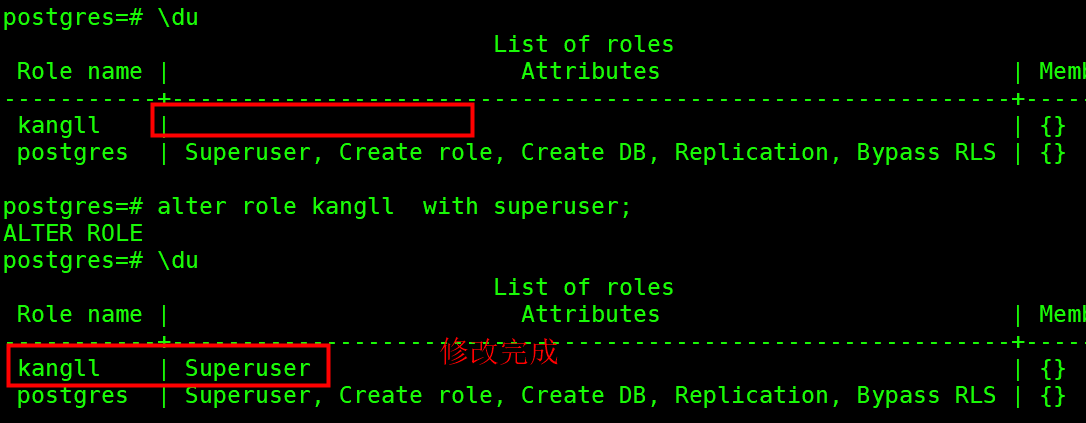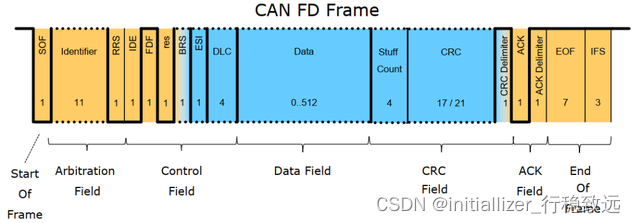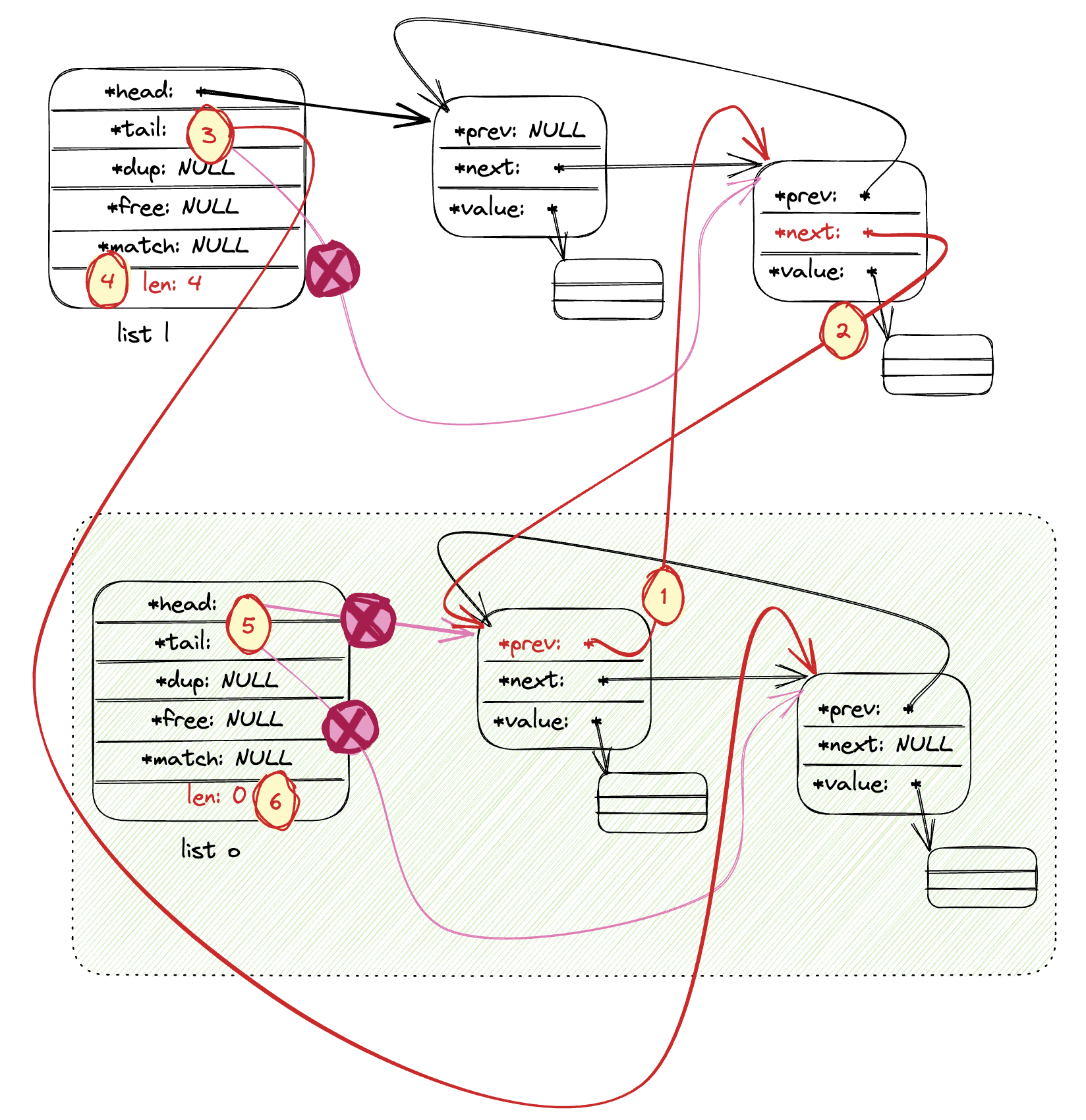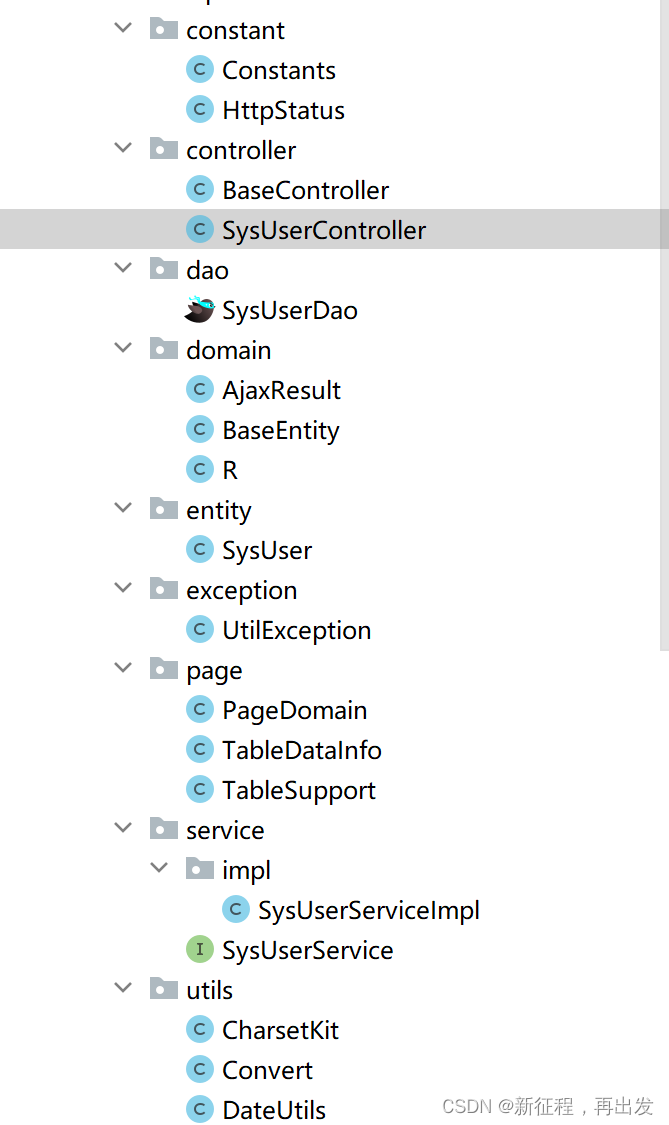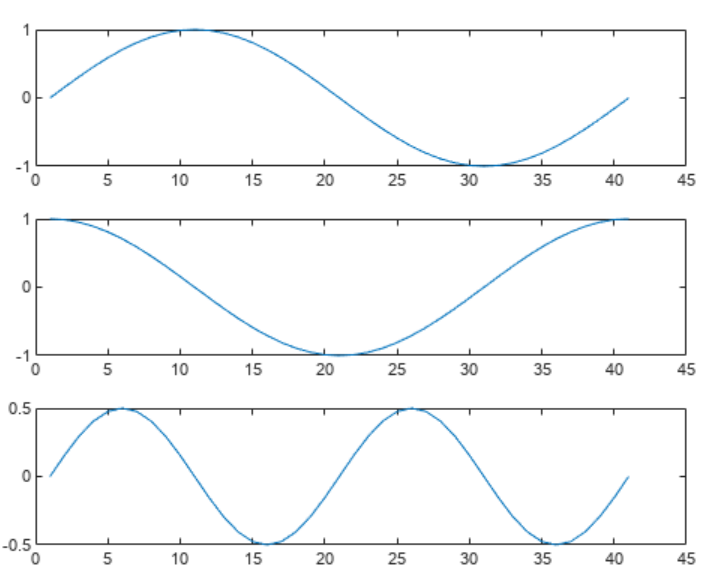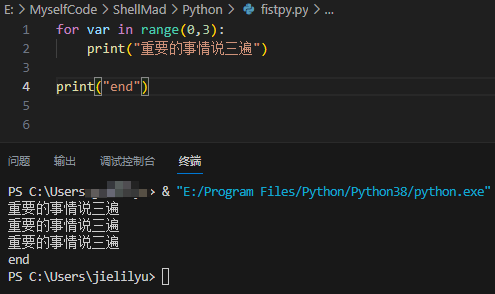[TJOI2008] Binary Land
题目背景
Binary Land是一款任天堂红白机上的经典游戏,讲述的是两只相爱的企鹅Gurin和Malon的故事。两只企鹅在一个封闭的迷宫中,你可以控制他们向上下左右四个方向移动。但是他们的移动有一个奇怪的规则,即如果你按“上”或“下”方向键,两只企鹅会同时向上移动或向下移动1格;如果你按“左”方向键,则Malon向左移动1格,同时Gurin向右移动1格;如果你按“右”方向键,则Malon向右移动1格,Gurin向左移动1格。当然,如果某只企鹅被障碍挡住,它就不会移动了。另外,在迷宫的某些格子处有蜘蛛网,如果任何一只企鹅进入这种格子,则游戏失败。两只企鹅不会相互阻挡,即在相向运动时他们可以“穿过”彼此,也可以同时处于同一格子里。迷宫的某个格子上有一颗红心,游戏的任务就是使两只企鹅同时到达这个格子。
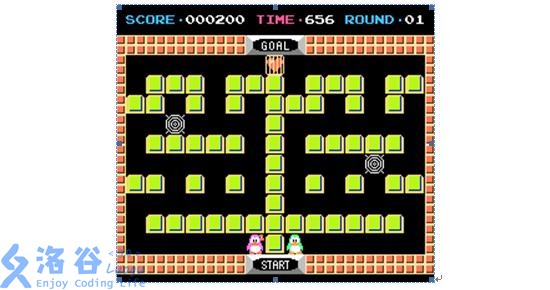
题目描述
请编写程序找出完成任务所需的最少的操作步数。如果无法完成目标,输出“no”。
输入格式
第一行包含两个整数R, C 表示迷宫的长和宽。
按下来有R行,每行包含C个字符,描述了一个迷宫。其中’#’表示企鹅不能通过的障碍物,’X’表示蜘蛛网,’.’表示空地,’G’表示Gurin的初始位置,’M’表示Malon的初始位置,’T’表示终点位置。
输入数据保证标有’G’,’M’,’T’的格子分别只有一个,保证企鹅不可能走到迷宫以外。
输出格式
输出只有一行,为最少的操作步数。如果不能完成任务,输出“no”。
样例 #1
样例输入 #1
4 7
#######
#..T..#
#G##M##
#######
样例输出 #1
4
提示
满足要求的一个操作序列为:上-右-左-左
3 ≤ R, C ≤ 30
分析
使用bfs即可,开结构体需记录两只企鹅的坐标,当然还有操作步数
代码
#include <bits/stdc++.h>
using namespace std;
const int M = 35;
int r, c;
bool st[M][M][M][M];
char g[M][M];
struct point {
int x1, y1;
int x2, y2;
int u;
point(int x1=0, int y1=0, int x2=0, int y2=0,int u=0) :x1(x1), y1(y1), x2(x2), y2(y2),u(u) {}
};
queue<point> q;
int lsx, lsy;
point read() {
point fi;
cin >> r >> c;
memset(st, false, sizeof(st));
for (int i = 1; i <= r; i++)
for (int j = 1; j <= c; j++) {
char& tmp = g[i][j];
cin >> tmp;
if (tmp == 'G') fi.x1 = i, fi.y1 = j;
if (tmp == 'M') fi.x2 = i, fi.y2 = j;
if (tmp == 'T') lsx = i, lsy = j;
}
st[fi.x1][fi.y1][fi.x2][fi.y2] = 1;
fi.u = 0;
return fi;
}
int check(point t) {
if (g[t.x1][t.y1] == 'X' or g[t.x2][t.y2] == 'X') return -1;
if (g[t.x1][t.y1] == '#' and g[t.x2][t.y2] == '#') return -1;
if (g[t.x1][t.y1] == '#') return 1;
if (g[t.x2][t.y2] == '#') return 2;
return 0;
}
void update1(point t, int i) {
point u(t);
u.x1 += i; u.x2 += i; bool f = 1; u.u++;
switch (check(u))
{
case 1: {u.x1-=i; break; }
case 2: {u.x2-=i; break; }
case 0: {break; }
default: {f = 0; break; }
}
if (f and !st[u.x1][u.y1][u.x2][u.y2]) q.push(u), st[u.x1][u.y1][u.x2][u.y2] = 1;
}
void updw(point t) {
update1(t, 1);
update1(t, -1);
}
void update2(point t, int i,int j) {
point u(t);
u.y1 += i; u.y2 += j; bool f = 1; u.u++;
switch (check(u))
{
case 1: {u.y1 -= i; break; }
case 2: {u.y2 -= j; break; }
case 0: {break; }
default: {f = 0; break; }
}
if (f and !st[u.x1][u.y1][u.x2][u.y2]) q.push(u), st[u.x1][u.y1][u.x2][u.y2] = 1;
}
void lfrg(point t) {
update2(t, 1, -1);
update2(t, -1, 1);
}
int bfs() {
q.push(read());
while (!q.empty()) {
point now = q.front(); q.pop();
if (now.x1 == lsx and now.x2 == lsx and now.y1 == lsy and now.y2 == lsy) return now.u;
updw(now);
lfrg(now);
}
return -1;
}
int main() {
int ans = bfs();
if (ans == -1) cout << "no";
else cout << ans;
return 0;
}
代码分析
代码较长,分多部分看
1.bfs
int bfs() {
q.push(read());
while (!q.empty()) {
point now = q.front(); q.pop();
if (now.x1 == lsx and now.x2 == lsx and now.y1 == lsy and now.y2 == lsy) return now.u;
updw(now);
lfrg(now);
}
return -1;
}
基本的bfs,取队头后再入队其他的值,其中updw(now); lfrg(now);函数的作用分别为尝试上下移动,尝试左右移动
2.updw/lfrg
这两个函数每个都代表了两种操作
由于基本相同,我们只看上下移动的:
void update1(point t, int i) {
point u(t);
u.x1 += i; u.x2 += i; bool f = 1; u.u++;
switch (check(u))
{
case 1: {u.x1-=i; break; }
case 2: {u.x2-=i; break; }
case 0: {break; }
default: {f = 0; break; }
}
if (f and !st[u.x1][u.y1][u.x2][u.y2]) q.push(u), st[u.x1][u.y1][u.x2][u.y2] = 1;
}
这是updw函数中调用的函数
首先,我们使状态t进行上下移动,更新步数,后调用check,判断是否合法,此时分4种情况
int check(point t) {
if (g[t.x1][t.y1] == 'X' or g[t.x2][t.y2] == 'X') return -1;
if (g[t.x1][t.y1] == '#' and g[t.x2][t.y2] == '#') return -1;
if (g[t.x1][t.y1] == '#') return 1;
if (g[t.x2][t.y2] == '#') return 2;
return 0;
}
return 1: 代表第一只企鹅非法移动,所以撤销移动
return 2:同理,第二只企鹅非法移动
return 0:都是合法移动
return -1:都不合法或不存在此状态
最后入队即可

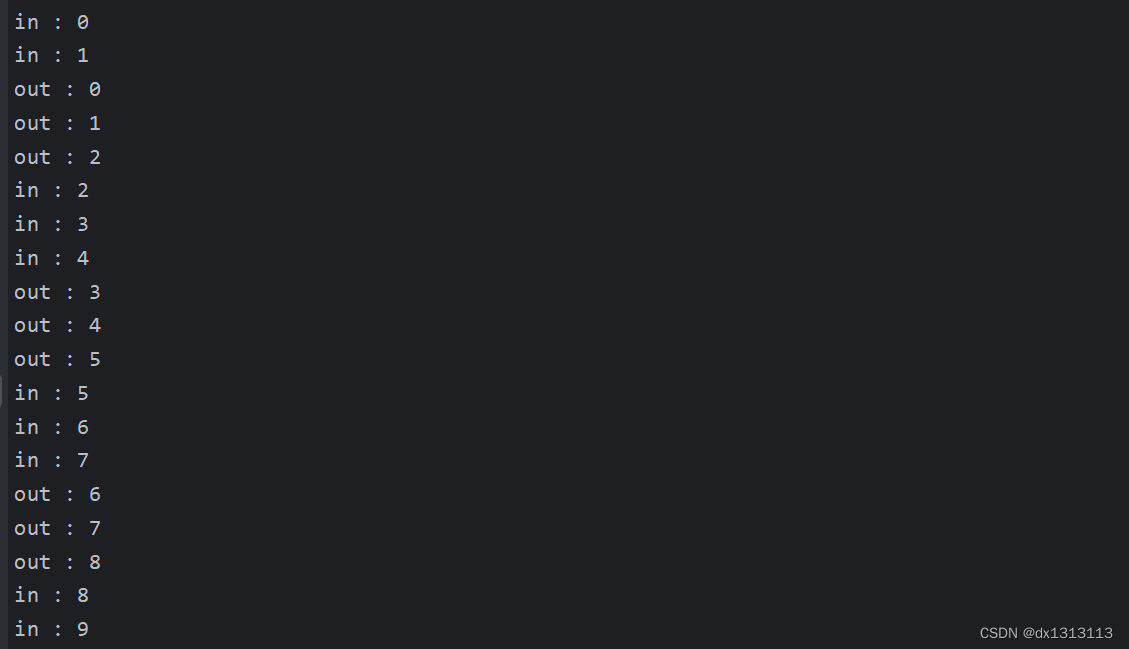
![ptyhon——案例五:设定:list=[0,1,2,3,4,5] 列表,翻转列表](https://img-blog.csdnimg.cn/8b67a655209f4ac0bdb666b6ea8de17f.png)
